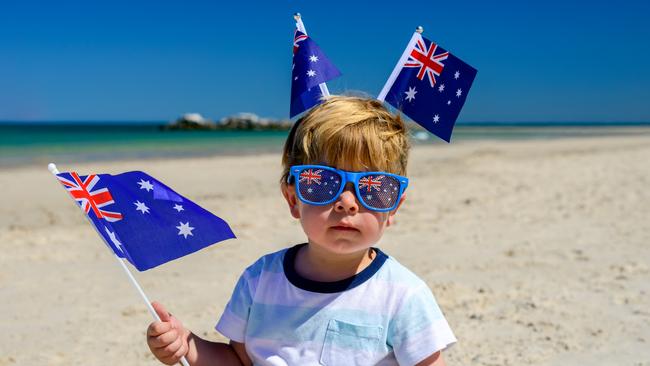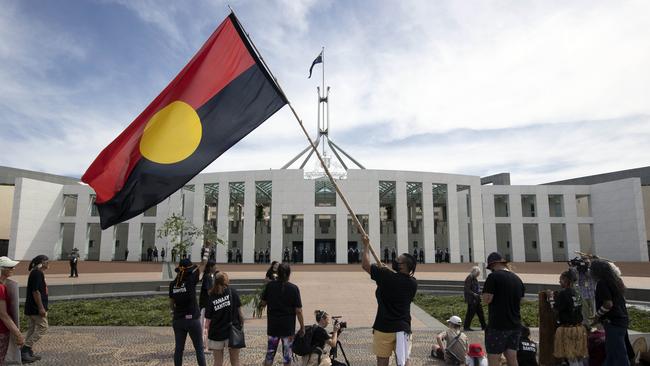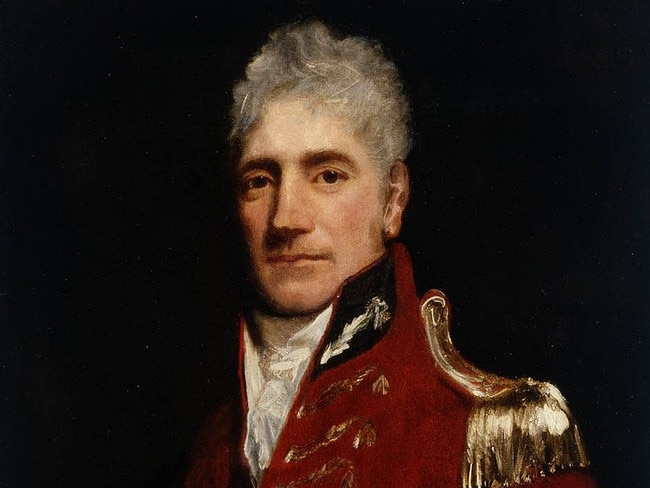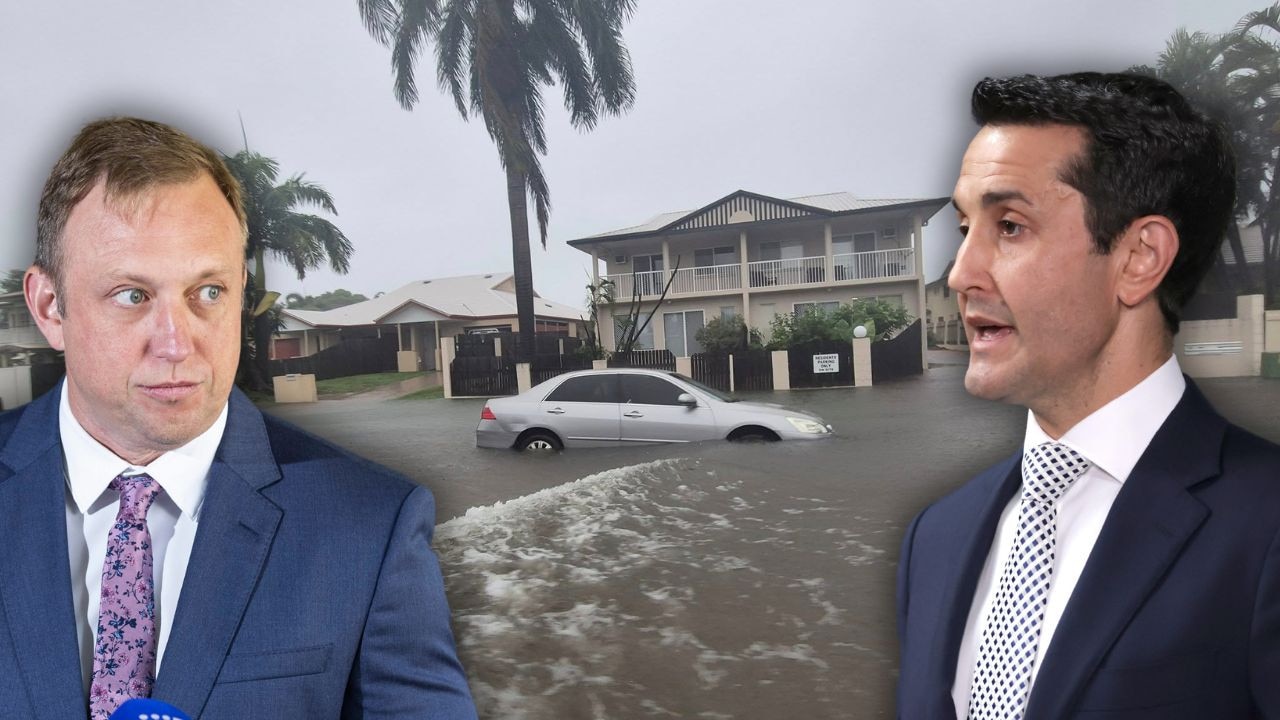Paul Williams: Should we change Australia Day to May 8?
Rather than unite the nation, holding Australia Day on January 26 has become a polarising topic. But there is another date that truly embodies what it means to be Aussie, writes Paul Williams.

Opinion
Don't miss out on the headlines from Opinion. Followed categories will be added to My News.
The very mention of Australia Day has become a barbecue stopper.
Rather than unite the nation around sausages and salad, Australia Day has become a polarising topic. The timing of our national commemoration has become especially pointed as employers now grant workers a choice to work on 26 January.
In short, questioning the legitimacy of Australia Day is now mainstream. But this is counterintuitive. After all, we’ve recently seen a surge in Australian nationalism, including huge spikes in attendances at Anzac Day ceremonies.
So why isn’t Australia Day held in the same regard? The answer isn’t just because early Europeans’ often treated First Nations people cruelly – a legacy that leaves Australia’s Indigenous population with little to celebrate and much to lament.
It’s also because Australians don’t know their country’s history. While the bloody battles and brave defeats at Gallipoli make 25 April 1915 easily memorable, the tepid obscurity of 26 January 1788 have led to all sorts of confusion.
Too many Aussies believe Australia Day marks everything from James Cook’s exploration to the granting of an Australian “independence”.

More critically, Australia Day has become a proxy battle in the Australian history wars.
On one side, we say Australians should celebrate January 26 as the founding of an awful, authoritarian colony that, despite nearly starving to death in its first years, quickly evolved into one of the richest and fairest democracies on earth. Australia, of course, was a pioneer of the secret ballot and votes for women, among other reforms.
On the other side, we say it’s hurtful to celebrate a day that causes real pain to the almost one million Australians who identify as First Nations.
Quite apart from the 300-odd massacres of Indigenous people between 1788 and the early 20th century, we still see – after 235 years of European occupation – Indigenous people suffer poorer health and educational outcomes and more frequent incarcerations.
So, what do we do with 26 January? A 2022 Morgan poll found 65 per cent of Australians want to keep the date as our nation’s celebration.
But that’s down from 80 per cent just 20 years ago. It won’t be long before most Australians want to change the date.

A majority also rejects calls to rename 26 January “Invasion Day”.
I also struggle with that label.
While the British clearly invaded a land the High Court has since found to be legitimately occupied by Indigenous people – terra nullius (“empty land”) is now a legal fiction – to remember only First Nations’ displacement is to ignore the suffering of 775 wretched convicts (including 193 women) of the First Fleet banished, against their will, to a brutal hell 12,000 miles from home.
In short, the early years of European occupation were a nightmare for almost everyone.
In that regard, why can’t we label 26 January a more neutral term, for example, “Landing Day”, and move Australia Day – and the public holiday and its celebration – to a more meaningful date?
May 8 has been bandied about simply because the date’s pronunciation, in our typically Aussie style, sounds like “mate”.
That’s an appalling reason to choose 8 May, but it does raise questions of what it means to be Australian.
Ask most of us what we see as the essence of “Australianness” and we’d undoubtedly cite our sense of equality – where we call the cleaner and the prime minister by their first name – as well as a love of the underdog and the right to a fair go.
So, what date embodies that sentiment? Strangely, it brings us back to May 8.

That’s the date in 1809 that British Army officer Lachlan Macquarie was appointed NSW’s fifth governor, and head and shoulders above other colonial administrators before or since.
The years 1808 and 1809 were chaotic for the colony after a miliary coup – led by such privileged toffs as grazier John Macarthur – overthrew the austere William Bligh after Bligh attacked the brutal miliary and its illegal rum trade.
Recognising the new colony could not operate only for the rich, Macquarie designed a new political culture where emancipists and expirees – convicts who’d served their time – were welcomed into society as equals.
After some were appointed to government positions, there was no doubt the new colony was a home for the underdog.
Macquarie also designed Sydney public parks, introduced our first currency, and promised to treat Indigenous people with “kindness and attention”, despite often failing on that front.
Macquarie was Australia’s first real democrat, and his appointment on May 8 should be respectfully observed.




